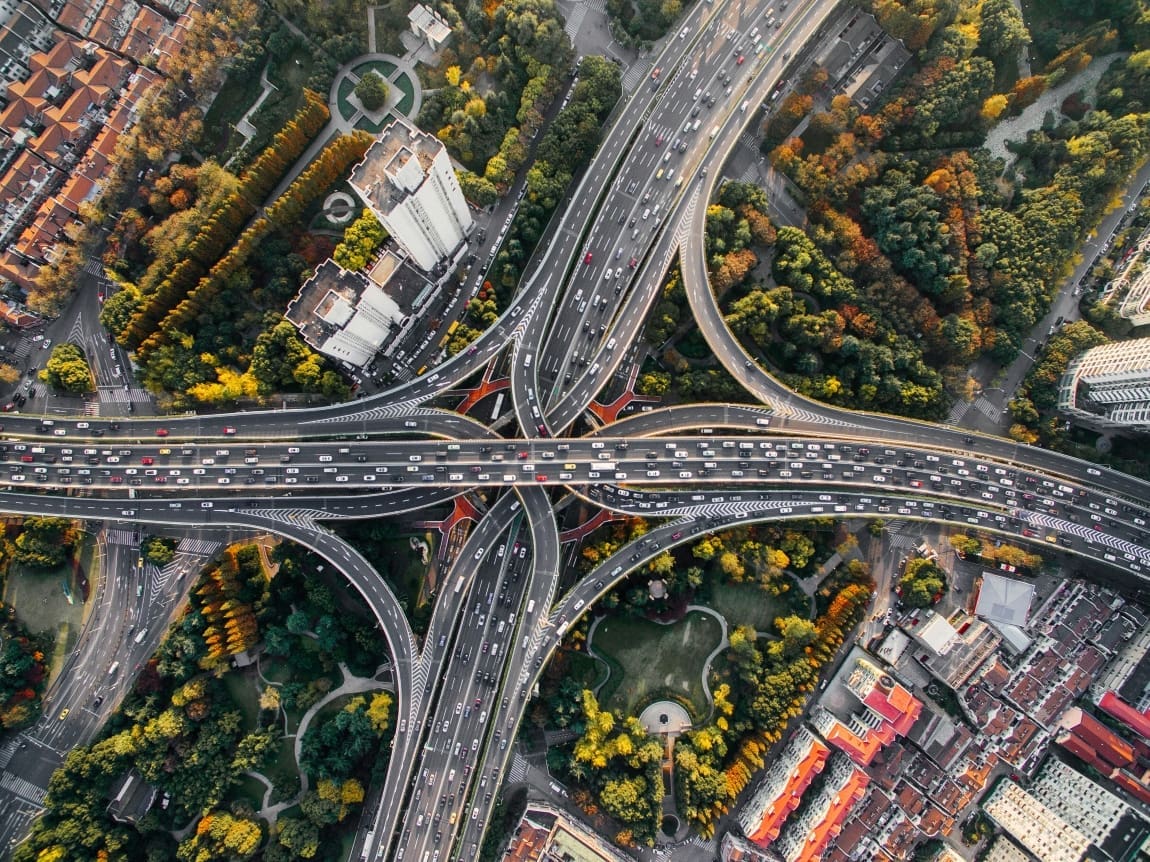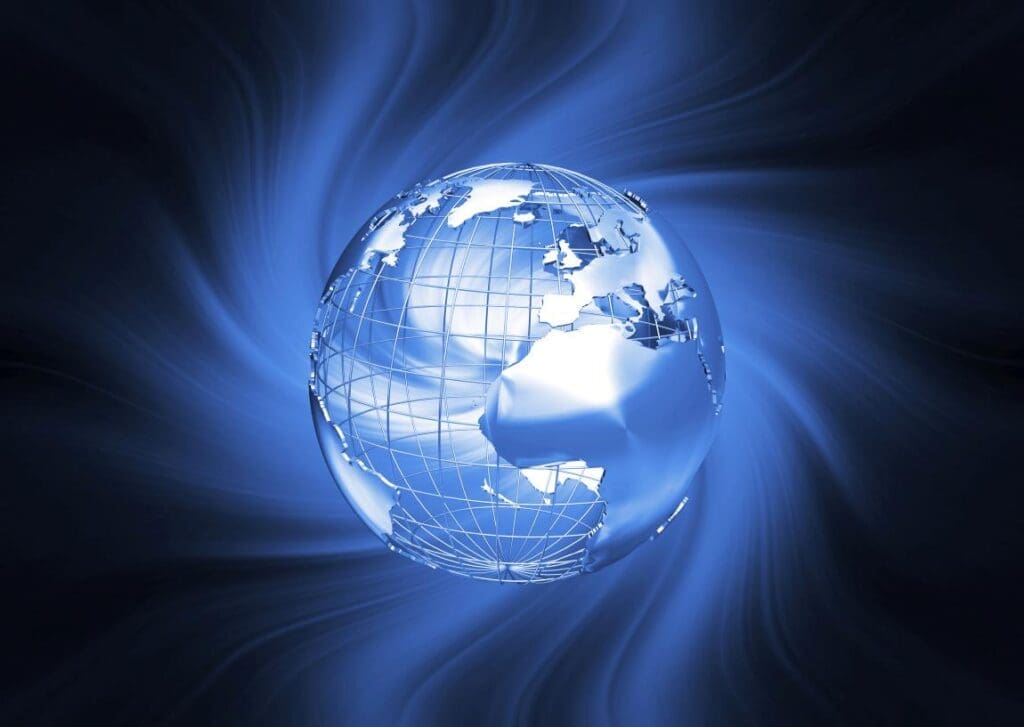By Transport & Environment Organisation (T&E)
Study from Voxeurop and European Investigative Collaborations shows that companies engaged in oil extraction, car manufacturing and fashion are some of the biggest recipients from European green funds.
Oil and gas companies, carmakers and textile manufacturers make up the biggest recipients of European green funds despite being some of the world’s biggest climate polluters, a new investigation by Voxeurop and European Investigative Collaborations shows. Toyota, for example, has received €3 billion from European green funds despite having a zero-emissions vehicle (ZEV) share of just 2%.
Investments promoted as ESG are required to classify as being either an Article 8 or 9 fund, according to the EU’s Sustainable Finance Disclosure Regulation. Article 8 funds are considered ‘light green’ and are supposed to promote environmental or social characteristics. Article 9 are funds that have sustainable investment as their main objective.
The researchers analysed over 4,000 ‘green’ funds (Articles 8 and 9) in Europe from nearly 800 financial institutions. They found that 200 of the world’s most polluting companies received a total of $85 billion in investments from Article 8 funds and $2 billion from Article 9 funds.
Alongside oil and fashion companies there were three carmakers in the top 10 fund recipients. Stellantis is the fourth highest recipient of green funds, while Mercedes was fifth and Toyota 10th. Together the shares in these three companies finance almost 30 million tonnes of CO2.
Stellantis has received €5 billion from European green funds with a ZEV share of just 7%, while Mercedes has received €4 billion with a ZEV share of 13%. This means the vast majority of supposedly sustainable investments in these carmakers is going towards highly carbon-intensive activities. Additionally, there is no evidence that the capital invested by asset managers covered under this investigation is guided to support these companies in their climate transition and decarbonisation.
The inclusion of aircraft manufacturer Airbus in the top 10 recipients of green funds is also a surprise. Airbus delivered over 700 commercial aircraft in 2023. 99.4% of the fuel these planes run on today is fossil fuel.
Xavier Sol, sustainable finance director at T&E, said: “Europe’s biggest green portfolios are just the same dirty companies, repackaged as sustainable. Today’s investments in Total, Toyota or Airbus cannot be considered green. We need private capital to accelerate the green transition rather than hinder it. Only investments earmarked for green activities, like zero-emission technologies, should be given a sustainable label.”
T&E recommends that the European Commission, the EU’s executive body, swiftly revises its Sustainable Finance Disclosure Regulation to prevent greenwashing in the financial sector.
Featured image credit: Denys Nevozhai | Unsplash




